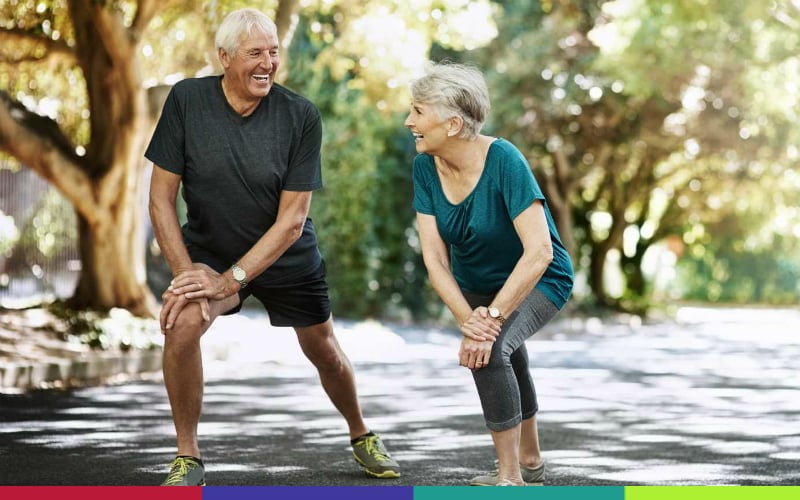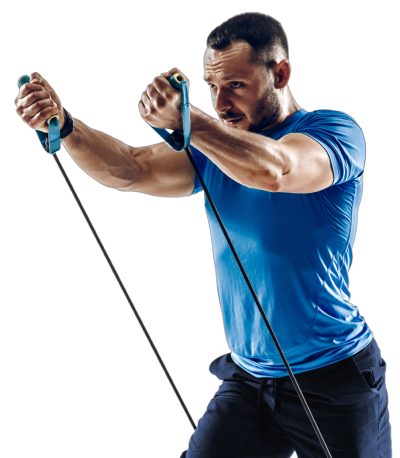
As we age there is a predictable decline in our immune function. Compromised immunity begins in early adulthood and accelerates rapidly after 40 years of age. Scientist call this Immunosenescence. Immunosenescence explains why older people are at greater risk of infections and diseases. As we age, our immune system does not respond as robustly to allergens and other challenges.
A recent study from England suggests that we can slow the loss of immune function that comes with aging. The investigators analyzed immune function in individuals 55-79 years old who had maintained a high level of physical activity for much of their adult life and compared this to an age group match of healthy individuals who were not involved in regular exercise, the sedentary group. The researchers measured multiple biological markers of immune competence in both groups. They found older adults who consistently exercised throughout their life had a stronger and better functioning immune system compared to the sedentary adults. Surprisingly the researchers found that some of the markers of immune function in the master athletes (55-79) compared favorably with the levels found in healthy young individuals aged 20-36. The bottom line – physical inactivity may be a profound driver for age associated loss of immune function.



